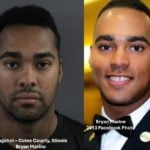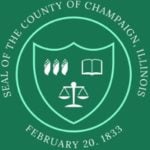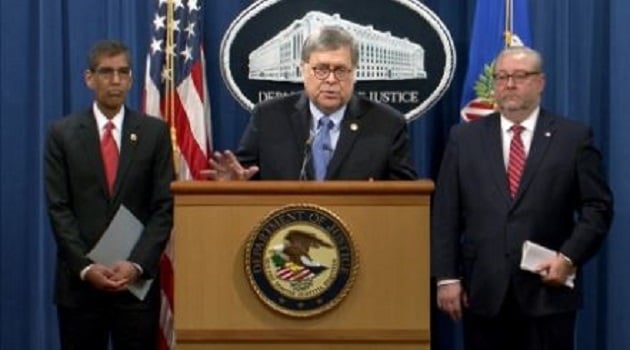Mississippi (ECWd) –
The United States Attorney General is attesting to the interest of the United States in support of Plaintiffs in the federal lawsuit brought by the Temple Baptist Church against the City of Greenville, MS.
Greenville, MS. police descended on the church’s drive-up service and demanded attendees produce identification, and issued them tickets for $500 for violating the city’s order to stay at home. The governor of MS had stated that religious institutions were essential activities, but the city made their own determination allegedly stripping religious institutions of their essential status. The lawsuit alleges the city overstepped its authority and violated the rights of the church and its parishioners under the Free Exercise Clause and the Mississippi Religious Freedom Restoration Act.
Select sections from the letter of interest:
- The United States has a substantial interest in the preservation of its citizens’ fundamental right to the free exercise of religion, expressly protected by the First Amendment.
- There is no pandemic exception, however, to the fundamental liberties the Constitution safeguards. Indeed, “individual rights secured by the Constitution do not disappear during a public health crisis.” These individual rights, including the protections in the Bill of Rights made applicable to the states through the Fourteenth Amendment, are always in force and restrain government action.
- At the same time, the Constitution does not hobble government from taking necessary, temporary measures to meet a genuine emergency.
- Supreme Court citation to: [I]f a statute purporting to have been enacted to protect the public health, the public morals, or the public safety, has no real or substantial relation to those objects, or is, beyond all question, a plain, palpable invasion of rights secured by the fundamental law.
- “The principle that government, in pursuit of legitimate interests, cannot in a selective manner impose burdens only on conduct motivated by religious belief is essential to the protection of the rights guaranteed by the Free Exercise Clause.”
- A law or rule is not neutral if it singles out particular religious conduct for adverse treatment; treats the same conduct as lawful when undertaken for secular reasons but unlawful when undertaken for religious reasons; visits “gratuitous restrictions on religious conduct”; or “accomplishes . . . a ‘religious gerrymander,’ an impermissible attempt to target [certain individuals] and their religious practices.”
- In short, “[t]he Free Exercise Clause bars even ‘subtle departures from neutrality’ on matters of religion.”
- The allegations in the complaint strongly suggest that the city’s prohibition of drive-in church services, despite the inclusion of measures to reduce risk such as requiring people to remain in their cars, are neither neutral nor generally applicable.
- The church alleges facts tending to show that conduct is being permitted for various secular reasons when equivalent conduct is being forbidden to churches holding drive-in services. Notably, the city appears to permit citizens to sit in a “car at a drive-in restaurant with [their] windows rolled down,” but not “at a drive-in church service with [their] windows rolled up.” Id. ¶ 51. The church thus alleges that the city has “fail[ed] to prohibit nonreligious conduct that endangers [its] interests in a similar or greater degree,”
- The city must prove the “least restrictive means” of furthering a compelling interest in this case.
The entire letter is below (or here) and we urge you to read it for yourself.
ecf_us_statement_of_interest_in_support_of_plaintiffs_0Our work is funded entirely thru donations and we ask that you consider donating at the below link.









1 Comment
Tracey L Baker
Posted at 16:52h, 22 AprilThe Mayor, board members and officers whoparticipated in these proceedings should, in my opinion, resign.